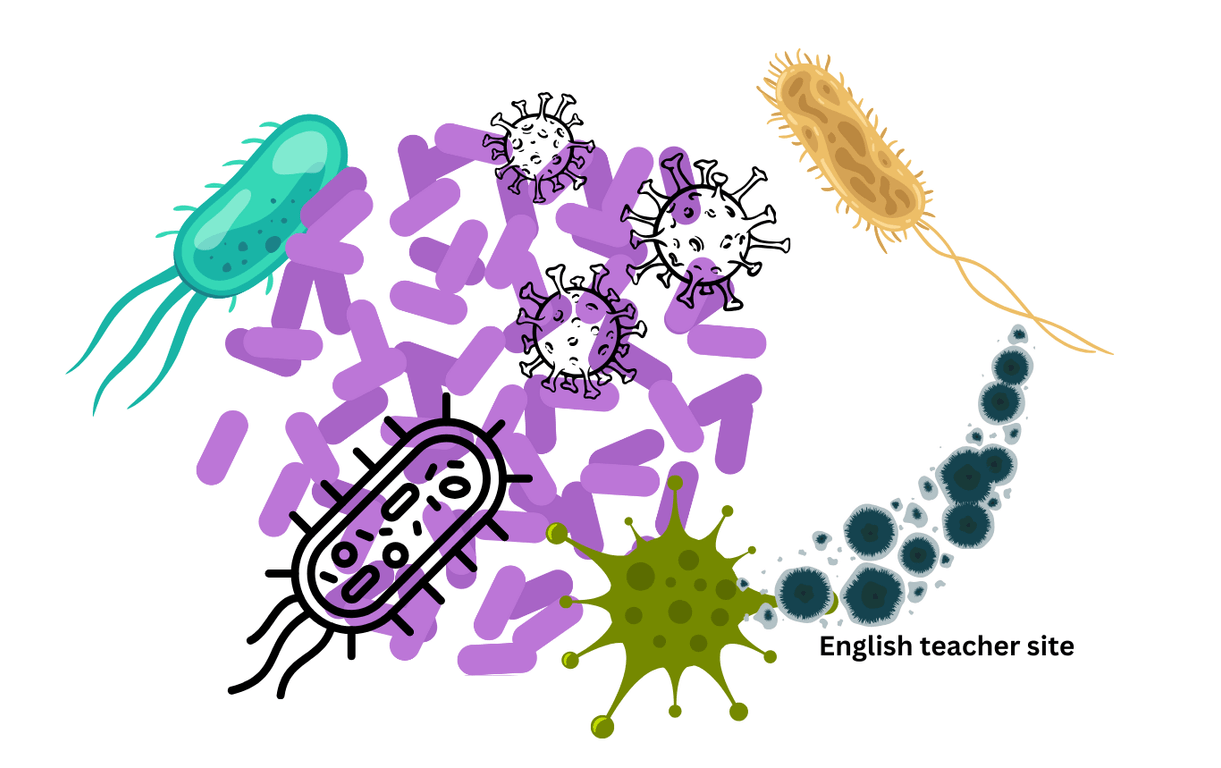Is Bacteria Plural or Singular? Understanding Grammatical Number in Microbiology

- “Bacteria” is the plural form of the singular noun “bacterium.”
- Scientific and educational contexts require strict adherence to singular and plural forms for accuracy.
- Common usage can differ from grammatical norms, but understanding the distinction is essential.
Understanding the linguistic background of these words is important for clear communication in science and education. “Bacterium” originates from Latin, maintaining the classical language’s system for singular and plural forms. Despite the occasional informal use of “bacteria” as a singular noun, adherence to the traditional distinction is crucial in maintaining clarity, especially in academic and medical contexts.
Definition of Bacteria
In the study of microbiology, the term bacteria refers to a large group of microscopic, single-celled organisms. They exhibit a wide range of shapes, sizes, and behaviors and are found nearly everywhere on Earth. Bacteria play critical roles in various ecological systems, including human health, both beneficial and harmful.
General Characterization of Bacteria:
- Cell Structure: Lacks a distinct nucleus and membrane-bound organelles
- Shapes: Commonly spherical (cocci), rod-shaped (bacilli), or spiral (spirilla)
- Reproduction: Typically asexual through binary fission
Singular vs. Plural:
| Singular Term | Plural Term |
|---|---|
| Bacterium | Bacteria |
It is clear that the word “bacteria” is used when referring to more than one bacterium, making it the plural form of the singular noun bacterium.
Examples of Usage:
- A colony of bacteria can exponentially grow in a nutrient-rich environment.
- Antibiotics are used to treat infections caused by harmful bacteria.
Understanding the distinction between singular and plural is essential when discussing bacterial species or referencing their impact on ecosystems and health. Bacteria can be agents of disease, but they also benefit industries such as agriculture and food production, where they contribute to composting processes and fermentation.
Types of Bacteria:
- Pathogenic: Cause of diseases
- Non-Pathogenic: Often beneficial, involved in processes like fermentation
The concept of bacteria, an intrinsic part of biology, is a cornerstone in education from general science studies to advanced medical research. They represent the vast diversity of life, often invisible to the naked eye but fundamentally impacting our world.
Grammatical Overview
Understanding the correct usage of the word “bacteria” requires a clear grasp of its singular and plural forms, as well as an awareness of language variations. This section provides an in-depth look at the linguistic intricacies of “bacteria,” ensuring proper application in both written and spoken English.
Singular and Plural Forms
“Bacteria” is typically recognized as the plural form, and the singular is “bacterium.” Below is a table highlighting the differentiation:
| Singular | Plural |
|---|---|
| Bacterium | Bacteria |
However, in non-technical writing and everyday speech, “bacteria” can be erroneously used as a singular noun, though this is usually informal and should be avoided in scientific contexts.
Cultural Language Variations
The term “bacteria” has a direct translation in many languages, which often adhere to the singular and plural rules of English. Here are a few examples:
- German: Bakterium (singular), Bakterien (plural)
- Spanish: Bacterium (singular), Bacterias (plural)
- Japanese: 細菌 (saikin – can imply both singular and plural)
Other languages may not distinguish between singular and plural forms as clearly, especially in colloquial usage. This can lead to different interpretations and usages worldwide.
Examples of bacteria in sentences
To better understand the application of “bacteria,” here are bullet-pointed sentences showcasing the use of the word in its plural form:
- Scientists have discovered that the bacteria in our gut play a critical role in our overall health.
- These bacteria are responsible for breaking down food into nutrients.
When referring to a single microorganism, “bacterium” is used:
- Under the microscope, the biologist observed that the bacterium moved using its flagellum.
These examples illustrate the correct grammatical use of “bacteria” and its singular counterpart.
Source
bacteria. wiktionary
My name is Khamis Maiouf. I am the creator of the English Teacher Site, dedicated to providing valuable resources and insights for students around the world. With a passion for education and a commitment to helping students enhance their skills, I aim to make English teaching more effective and enjoyable for both educators and students.





